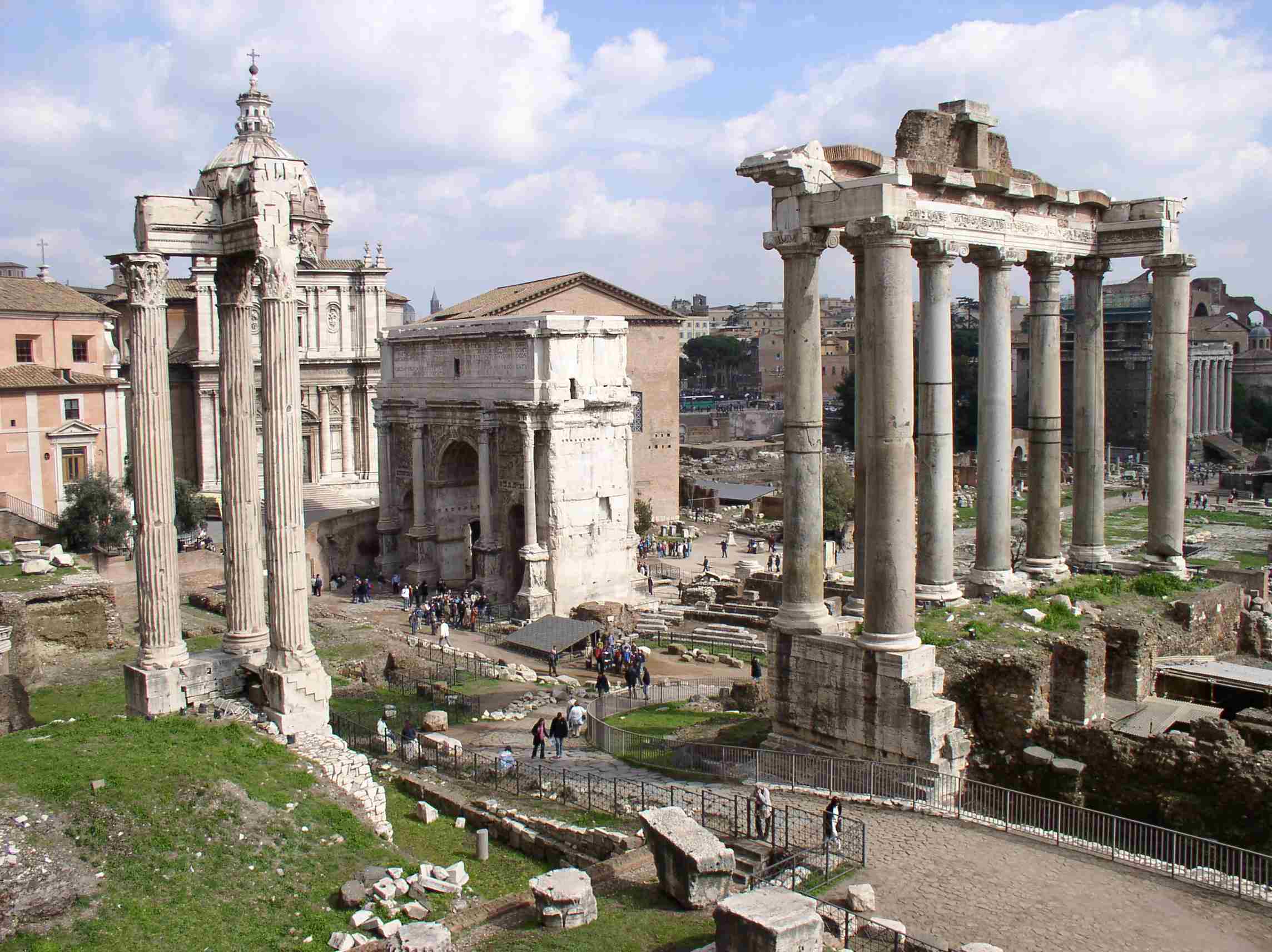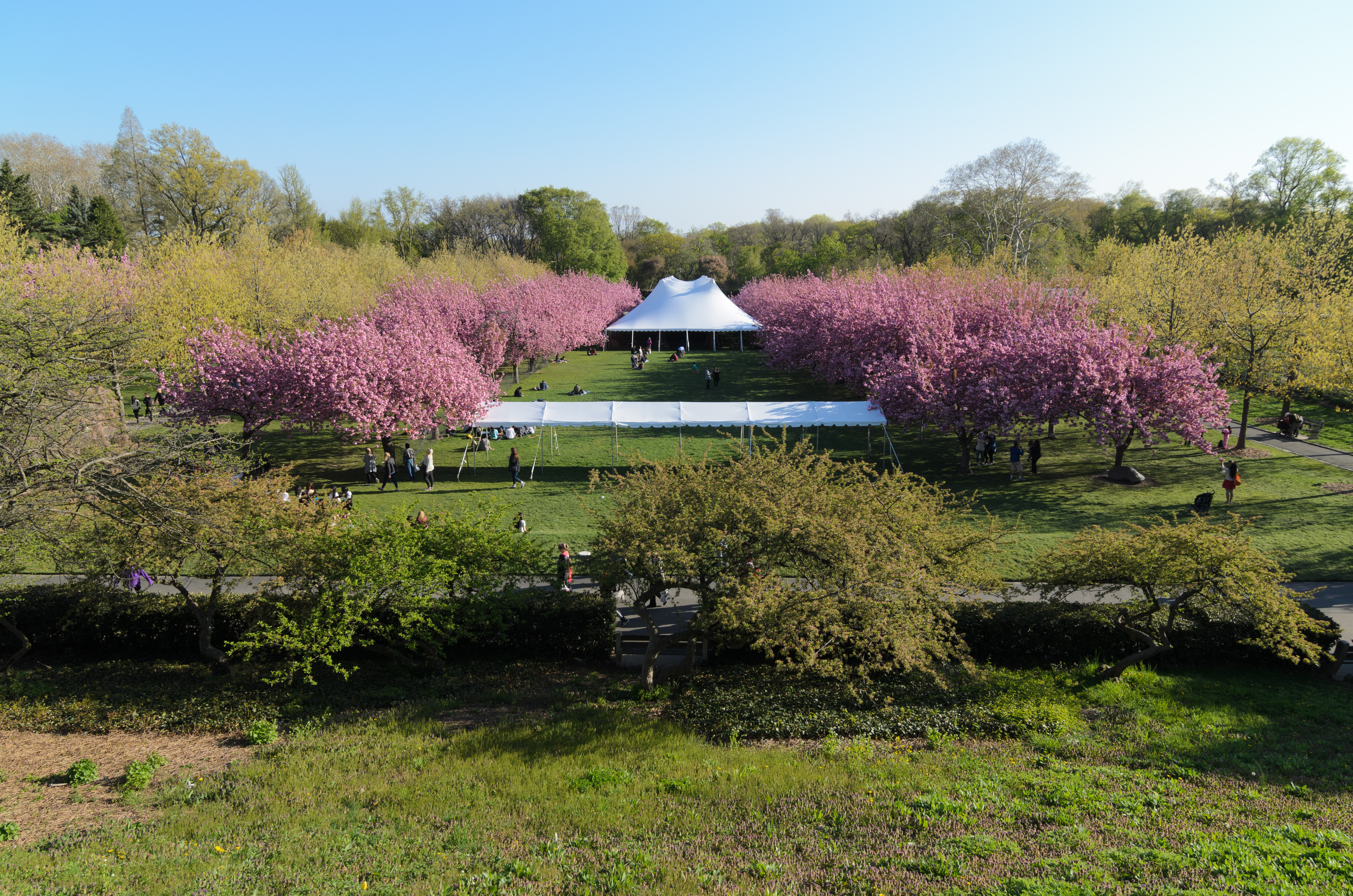|
Newark Castle, Nottinghamshire
Newark Castle, in Newark-on-Trent in the English county of Nottinghamshire, was founded in the mid 12th century by Alexander, Bishop of Lincoln. Originally a timber castle, it was rebuilt in stone towards the end of the century. The castle was slighted (dismantled) in the 17th century as a result of the English Civil War, and restored in the 19th century, first by Anthony Salvin in the 1840s and then by the corporation of Newark who bought the site in 1889. History In a charter generally thought to date to 1135, King Henry I granted the Bishop of Lincoln permission to build a castle.Braun (1935) The charter reads Alexander also established a mint at the castle. This early castle was most likely of timber construction, and was rebuilt in stone towards the end of the century. King John died after a feast at this castle on the night of 18 October 1216 from dysentery, according to tradition from eating a "surfeit of peaches". The castle was slighted in ... [...More Info...] [...Related Items...] OR: [Wikipedia] [Google] [Baidu] |
Newark Castle, 06-2013 (13) (16106247038)
Newark most commonly refers to: * Newark, New Jersey, city in the United States * Newark Liberty International Airport, New Jersey; a major air hub in the New York metropolitan area Newark may also refer to: Places Canada * Niagara-on-the-Lake, Ontario, once called Newark Germany * Neuwerk (traditional English name Newark), an island and quarter of Hamburg in the German Bight * Great Tower Neuwerk, tower on the German island Neuwerk, synonymously called Newark in older English texts United Kingdom * Newark-on-Trent, Nottinghamshire, England * Newark, Orkney, a hamlet on Sanday, Scotland * Newark, Peterborough in Cambridgeshire, a hamlet * Newark Wapentake, a former administrative division * Newark Castle, Fife * Newark Castle, Selkirkshire * Newark Park, a country house and estate in Gloucestershire * Port Glasgow, Scotland, called Newark until 1667 ** Newark Castle, Port Glasgow United States * Newark, Arkansas * Newark, California * Newark, Delaware * Newark, I ... [...More Info...] [...Related Items...] OR: [Wikipedia] [Google] [Baidu] |
Listed Building
In the United Kingdom, a listed building or listed structure is one that has been placed on one of the four statutory lists maintained by Historic England in England, Historic Environment Scotland in Scotland, in Wales, and the Northern Ireland Environment Agency in Northern Ireland. The term has also been used in the Republic of Ireland, where buildings are protected under the Planning and Development Act 2000. The statutory term in Ireland is " protected structure". A listed building may not be demolished, extended, or altered without special permission from the local planning authority, which typically consults the relevant central government agency, particularly for significant alterations to the more notable listed buildings. In England and Wales, a national amenity society must be notified of any work to a listed building which involves any element of demolition. Exemption from secular listed building control is provided for some buildings in current use for worship, ... [...More Info...] [...Related Items...] OR: [Wikipedia] [Google] [Baidu] |
Ruined Castles In England
Ruins () are the remains of a civilization's architecture. The term refers to formerly intact structures that have fallen into a state of partial or total disrepair over time due to a variety of factors, such as lack of maintenance, deliberate destruction by humans, or uncontrollable destruction by natural phenomena. The most common root causes that yield ruins in their wake are natural disasters, armed conflict, and population decline, with many structures becoming progressively derelict over time due to long-term weathering and scavenging. There are famous ruins all over the world, with notable sites originating from ancient China, the Indus Valley and other regions of ancient India, ancient Iran, ancient Israel and Judea, ancient Iraq, ancient Greece, ancient Egypt, Roman sites throughout the Mediterranean Basin, and Incan and Mayan sites in the Americas. Ruins are of great importance to historians, archaeologists and anthropologists, whether they were once individual fort ... [...More Info...] [...Related Items...] OR: [Wikipedia] [Google] [Baidu] |
Grade I Listed Buildings In Nottinghamshire
There are over 9,000 Grade I listed buildings in England. This page is a list of these buildings in the county of Nottinghamshire, by district. Ashfield Bassetlaw Broxtowe City of Nottingham Gedling Mansfield Newark and Sherwood Rushcliffe See also * :Grade I listed buildings in Nottinghamshire *Grade II* listed buildings in Nottinghamshire Notes References National Heritage List for England External links {{GradeIListedbuilding[...More Info...] [...Related Items...] OR: [Wikipedia] [Google] [Baidu] |
History Museums In Nottinghamshire
History (derived ) is the systematic study and the documentation of the human activity. The time period of event before the invention of writing systems is considered prehistory. "History" is an umbrella term comprising past events as well as the memory, discovery, collection, organization, presentation, and interpretation of these events. Historians seek knowledge of the past using historical sources such as written documents, oral accounts, art and material artifacts, and ecological markers. History is not complete and still has debatable mysteries. History is also an academic discipline which uses narrative to describe, examine, question, and analyze past events, and investigate their patterns of cause and effect. Historians often debate which narrative best explains an event, as well as the significance of different causes and effects. Historians also debate the nature of history as an end in itself, as well as its usefulness to give perspective on the problems of the p ... [...More Info...] [...Related Items...] OR: [Wikipedia] [Google] [Baidu] |
Museums In Nottinghamshire
A museum ( ; plural museums or, rarely, musea) is a building or institution that cares for and displays a collection of artifacts and other objects of artistic, cultural, historical, or scientific importance. Many public museums make these items available for public viewing through exhibits that may be permanent or temporary. The largest museums are located in major cities throughout the world, while thousands of local museums exist in smaller cities, towns, and rural areas. Museums have varying aims, ranging from the conservation and documentation of their collection, serving researchers and specialists, to catering to the general public. The goal of serving researchers is not only scientific, but intended to serve the general public. There are many types of museums, including art museums, natural history museums, science museums, war museums, and children's museums. According to the International Council of Museums (ICOM), there are more than 55,000 museums in 202 countries ... [...More Info...] [...Related Items...] OR: [Wikipedia] [Google] [Baidu] |
Gardens In Nottinghamshire
A garden is a planned space, usually outdoors, set aside for the cultivation, display, and enjoyment of plants and other forms of nature. The single feature identifying even the wildest wild garden is ''control''. The garden can incorporate both natural and artificial materials. Gardens often have design features including statuary, follies, pergolas, trellises, stumperies, dry creek beds, and water features such as fountains, ponds (with or without fish), waterfalls or creeks. Some gardens are for ornamental purposes only, while others also produce food crops, sometimes in separate areas, or sometimes intermixed with the ornamental plants. Food-producing gardens are distinguished from farms by their smaller scale, more labor-intensive methods, and their purpose (enjoyment of a hobby or self-sustenance rather than producing for sale, as in a market garden). Flower gardens combine plants of different heights, colors, textures, and fragrances to create interest and delight the se ... [...More Info...] [...Related Items...] OR: [Wikipedia] [Google] [Baidu] |
_(16106247038).jpg)


.jpg)
